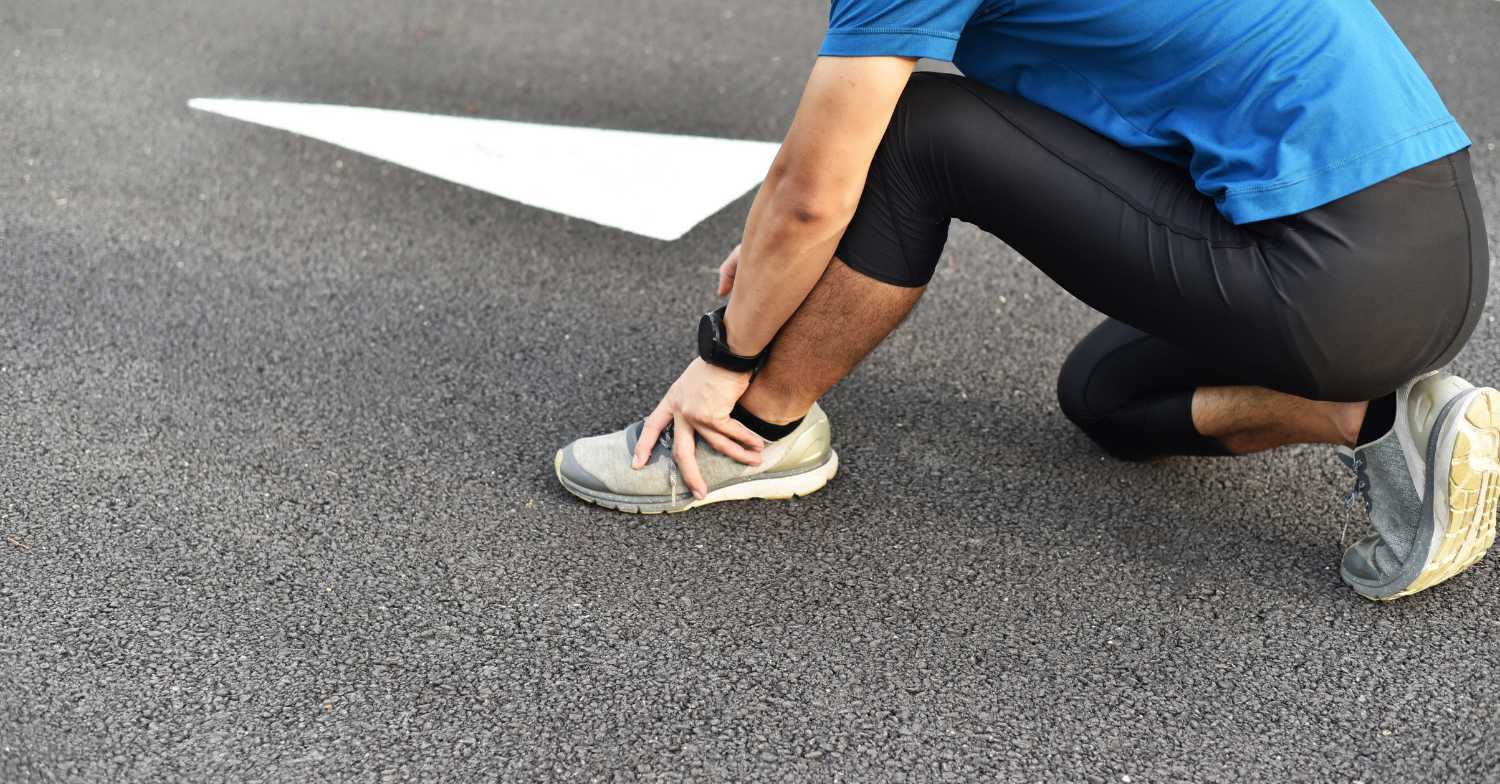
Plantar fasciitis is a common foot condition affecting many people, especially athletes and those on their feet for extended periods. It occurs when the plantar fascia, a thick band of tissue that runs along the bottom of the foot, becomes inflamed and irritated. This can lead to pain and discomfort, especially in the heel and arch of the foot. Fortunately, there are many effective treatments for plantar fasciitis, including physiotherapy. In this blog post, we will explore plantar fasciitis's causes, symptoms, and treatments, with a particular focus on physiotherapy in Saskatoon.
Causes and Symptoms of Plantar Fasciitis
Plantar fasciitis can be caused by a variety of factors, including overuse, improper footwear, and foot abnormalities such as flat feet or high arches. It can also be related to certain medical conditions such as arthritis or diabetes. Symptoms of plantar fasciitis typically include pain and tenderness in the heel or arch of the foot, especially in the morning or after periods of inactivity. The pain may also worsen with prolonged standing, walking, or running.
Physiotherapy for Plantar Fasciitis
Physiotherapy is a highly effective treatment for plantar fasciitis. A physiotherapist can work with you to develop a personalized treatment plan that addresses your specific needs and goals. The following are some of the most common physiotherapy techniques used to treat plantar fasciitis.
Stretching and Strengthening Exercises
Stretching and strengthening exercises are essential to any physiotherapy program for plantar fasciitis. A physiotherapist can teach you specific exercises designed to stretch and strengthen your foot and calf muscles. These exercises can help reduce pain and inflammation while improving your overall foot health.
Massage and Manual Therapy
Massage and manual therapy techniques can also be highly effective in treating plantar fasciitis. A physiotherapist may use deep tissue massage or myofascial release techniques to help reduce tension in the plantar fascia and surrounding muscles. This can help relieve pain and improve flexibility.
Orthotics and Footwear
Orthotics and proper footwear can also play an essential role in the treatment of plantar fasciitis. A physiotherapist can help you determine the best type of footwear for your foot type and activity level. They may also recommend custom-made orthotics to help provide support and reduce pressure on the plantar fascia.
Preventing Plantar Fasciitis
While physiotherapy can be highly effective in treating plantar fasciitis, it's always better to prevent the condition from occurring in the first place. The following are some tips to help prevent plantar fasciitis.
- Wear proper footwear that provides adequate support and cushioning.
- Stretch your feet and calves regularly, especially before and after exercise.
- Gradually increase your activity level to avoid overuse injuries.
- Maintain a healthy weight to reduce pressure on your feet.
- Seek treatment for foot abnormalities such as flat feet or high arches.
Conclusion
Plantar fasciitis can be a painful and debilitating condition, but it doesn't have to be. Physiotherapy can be a highly effective treatment for plantar fasciitis, helping to reduce pain and promote healing. If you're experiencing foot pain or suspect you have plantar fasciitis, don't suffer in silence - reach out to a physiotherapist in Saskatoon today and take the first step towards pain relief and improved foot health.





